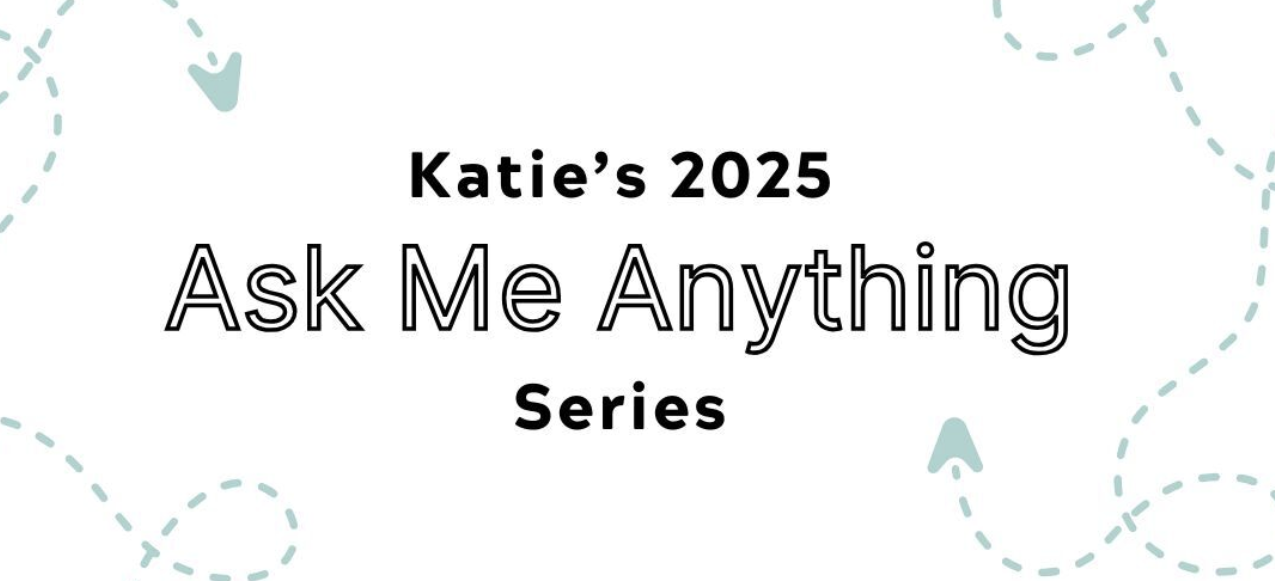Over the past couple of weeks, I’ve had back-to-back travel for my side business and my day job. It’s a pretty busy season and I’ve been intentionally trying to keep things as stress-free as possible.
During my first trip, I learned that the day after I was going to get back, my partner would be traveling to take care of an ill family member. The trip wasn’t entirely unexpected, but it took some logistical maneuvering since we only have one car. We both feel lucky that his schedule is flexible enough that he can support our family like this on a moment’s notice, so the decision for him to go was an easy one.
But, as someone who likes routine, sudden changes like this can throw me for a bit of a loop. Sometimes it’s hard for me to maintain the larger perspective and I’ll spiral into a ball of stress trying to work out all the details.
Over the years, I’ve been learning how to actively and purposefully adjust my attitude so that in an already-stressful situation, my reactions are not making things worse.
I’m not ashamed to say that it’s taken a lot of practice.
A couple days after my partner left town, I hit the road to attend a conference. We were a little like passing ships, but we managed the details just fine and both of us got to our destinations and settled in. We were communicating frequently since when my partner would be coming home was a little touch-and-go.
While I was at the conference, however, things took a turn with our family member and it turned out that I needed to travel to my partner to offer some in-person support for a couple of days before heading home.
Eek! Spontaneous change!
Immediately, I thought about how I had plans for the weekend, work to get done, a to-do list to whittle down, and how I would miss the uninterrupted two days of work time…
But, life happens.
Luckily, my conference was within driving distance of where my partner was located, so I got my flight home adjusted, jumped into a rental car, and showed up a few hours later.
In other words, I rolled with it.
Here are some things that helped me react to the change with as little stress as possible:
- I asked for help from people outside of the situation. As soon as I knew I needed to adjust my plans, I called my work and asked for assistance with changing my travel arrangements. I’m thankful to the colleague who made this part of the situation as easy as possible.
- I kept things in perspective. My partner is my top priority and he doesn’t ask for much, so helping him was an easy decision to make even though it meant a disruption to my travel schedule.
- I triaged my upcoming obligations. Once I arrived to help my partner, I was able to find some small moments in the early mornings to get a few things done, so I quickly re-prioritized my list into most important and most manageable tasks to complete in small pieces of time.
- I let some things go. When life happens, there’s not always much you can do and my attention needed to be directed to my family for a couple of days. That meant setting some things aside to get picked up later.
- I focused on how best to help. Walking into a stressful situation where other people are struggling can be hard, but there are always things you can do to ease the burden. In this case, it was taking care-giving shifts so that I could let my partner get some sleep.
When life happens, there are so many ways that we can react. Some of them ease the burdens of those around us. Some of them add to the stress of the situation.
This experience helped me to see how I have grown over the past several years. Although not completely done, my practicing how to better react to spontaneous change is starting to pay off. Despite the challenge of making adjustments on the fly, I was genuinely happy to drop everything.
Life happens — and I’m learning to react accordingly.
To think on:
- What parts of your life have seen the most growth in the past couple of years?
- What are your go-to strategies for dealing with spontaneous change?



